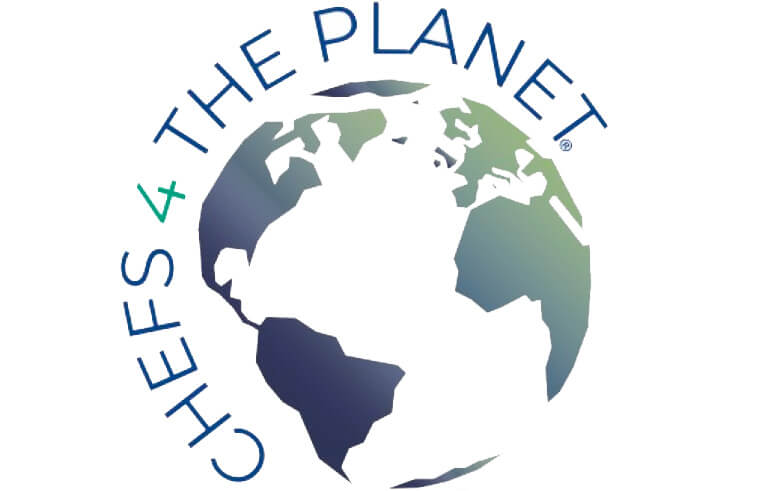Olga Kachook, senior manager at the Sustainable Packaging Coalition, asks if the FMCG value chain’s fixation on shelf life hinders the ability of packaging to prevent food waste.
Do you think of packaging as a tool for fighting climate change? It can be. Preventing food waste is a top solution to climate change, and making changes to packaging is the seventh most effective way to reduce the climate emissions from food waste. Research shows changes to packaging design could help prevent 650,000 tons of food waste a year.
While the potential for preventing food waste – and its associated emissions – with packaging is impressive, the devil is in the details. It’s true that packaging can help prevent food waste by extending shelf life, but it’s not a guaranteed fix. Rather, it depends on how the packaging is designed and used in practice.
First, let’s consider the disconnect between manufacturers and consumers. Brands and retailers may consider extended shelf life for products as a significant achievement for food waste prevention. Yet, consumer research seems to indicate these benefits aren’t realized by consumers. In a survey of 1,117 Austrian consumers, only about one-third noticed the shelf life-extending function of packaging, while nearly two-thirds of consumers did not agree that packaging helps to avoid food waste.
It’s worth noting that packaging in retail settings serves just as much to efficiently and easily distribute, stock, and price food as it does to extend shelf life or protect the product. For both companies and consumers, packaging is often equally about convenience as it is about food waste prevention.
Today, food manufacturers typically seek to make a product with the maximum possible shelf life, since this gives a company more time to transport and sell the product at retail. The trade-off is that a longer shelf life can be concerning to consumers, who are increasingly not interested in foods that appear to be highly processed.
Read the rest here: https://packagingeurope.com/is-a-focus-on-shelf-life-masking-other-opportunities-to-reduce-food-waste/


